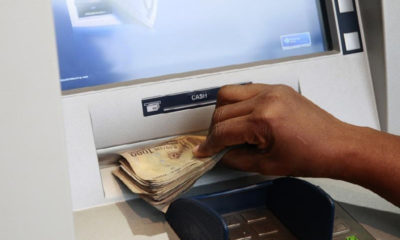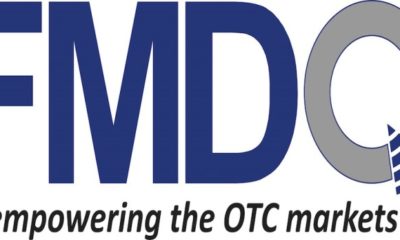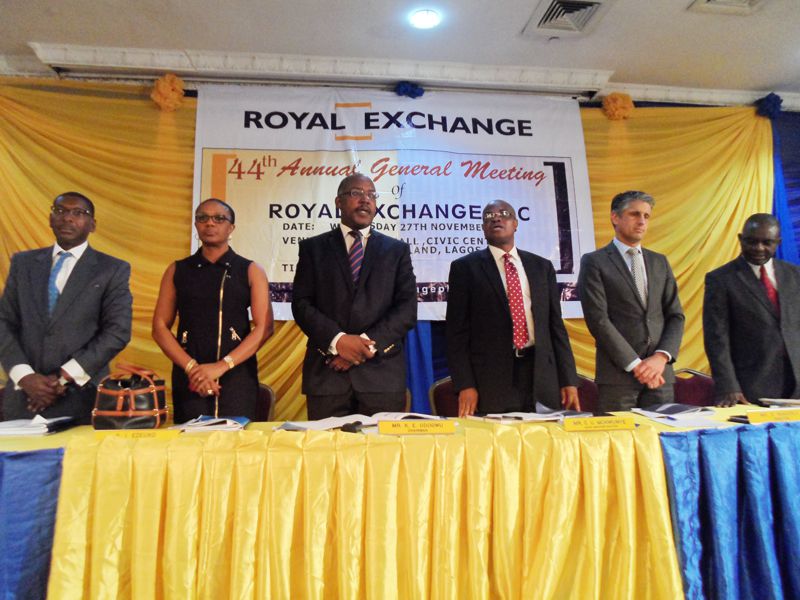The FMDQ Exchange, Nigeria’s foremost debt capital market, has reported a remarkable increase in the value of quoted commercial papers (CPs) during the first quarter of 2023.
The total outstanding value of CPs rose to an impressive N669.36bn at the end of the same period, indicating a significant boost to the country’s financial market.
The monthly reports from the FMDQ Exchange reveal a sustained upward trend in the quotations of commercial papers since the beginning of the year. These quoted CPs were issued by institutions across diverse sectors, including real estate, financial services, manufacturing, agriculture, and health.
In February 2023, the total value of CPs quoted on the FMDQ Exchange stood at N101.84bn, representing a month-on-month increase of 22.40% (N18.64bn) compared to January 2023. The sectors contributing to these quoted CPs included financial services, real estate, manufacturing, construction, and more.
The upward trajectory continued in March 2023, with the total value of CPs quoted on the FMDQ Exchange reaching a staggering N354.18bn. This figure reflected a substantial month-on-month increase of 247.80% (N252.34bn) from the previous month. Manufacturing, agriculture, financial services, real estate, telecommunications, commodities trading, and general commerce were the sectors responsible for issuing quoted CPs.
The surge in commercial paper quotations resulted in a remarkable 82.76% month-on-month increase (N303.11bn) in the total outstanding value of CPs, reaching N669.36bn. It is worth noting that CPs worth N113.10bn matured and were redeemed in January 2023.
Comparing the data with previous months, the figures for the first three months of 2023 far exceeded the preceding seven months, which saw quoted CPs below N80bn.
Commenting on this trend, Johnson Chukwu, the Chief Executive Officer at Cowry Asset Management Limited, emphasized that the high interest rates and the ease of issuing commercial papers were driving companies to seek funding in the money market. Chukwu explained that during periods of high-interest rates, borrowers prefer short-term debts to avoid being locked into long-term obligations.
Furthermore, Chukwu highlighted that commercial papers offer companies a cost-effective alternative to borrowing from banks. By accessing the commercial paper market directly, borrowers can tap into lower borrowing costs compared to the fees associated with bank loans.
Okiki Oladipo, an analyst at Parthian Partners, pointed out that the current low yield in the money market is attracting businesses to engage in this segment. However, there are expectations of a rise in yields, which could impact the sustainability of this funding strategy. Oladipo emphasized that a borrower’s financial health and the trajectory of market yields play pivotal roles in determining the long-term viability of the strategy.
The surge in commercial paper quotations on the FMDQ Exchange underscores the growing significance of this financial instrument in Nigeria’s capital market. As more companies turn to commercial papers for funding, it is expected to stimulate economic growth and provide additional opportunities for investors in the country.


 Forex2 weeks ago
Forex2 weeks ago


 Naira2 weeks ago
Naira2 weeks ago
 Naira4 weeks ago
Naira4 weeks ago
 Billionaire Watch1 week ago
Billionaire Watch1 week ago
 Company News4 weeks ago
Company News4 weeks ago




 Naira2 weeks ago
Naira2 weeks ago




 Naira4 weeks ago
Naira4 weeks ago




 Naira1 week ago
Naira1 week ago


















